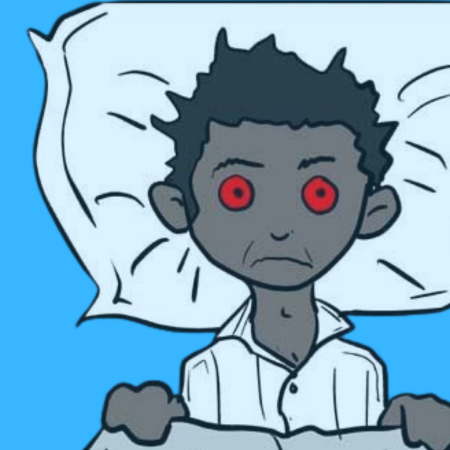7) Muscle Cramps and Joint Discomfort:
Fluids are essential for maintaining electrolyte balance, which is crucial for proper muscle and joint function. Dehydration can lead to imbalances in electrolytes such as sodium, potassium, and magnesium, which are necessary for muscle contractions and nerve impulses. Muscle cramps, spasms, and joint discomfort can occur when these imbalances disrupt the normal functioning of muscles and nerves.
8) Rapid Heartbeat and Increased Body Temperature:
Dehydration places stress on the cardiovascular system, as reduced blood volume forces the heart to work harder to maintain proper circulation. This can lead to an elevated heart rate and an increased perception of warmth, as the body struggles to regulate its temperature. Over time, chronic dehydration can contribute to cardiovascular issues, including increased risk of heart disease.
Conclusion:
Recognizing the signs of dehydration is crucial for maintaining optimal health and well-being. Thirst, dark urine, dry mouth, fatigue, dizziness, dry skin, muscle cramps, rapid heartbeat, and increased body temperature are all significant indicators that the body is not receiving enough water. Staying adequately hydrated by regularly consuming water and fluids can prevent these symptoms and support the body’s vital functions. Prioritizing hydration is a simple yet essential step towards maintaining overall health and ensuring the body functions optimally
Read also : 11 Signs You Don’t Drink Enough Water


